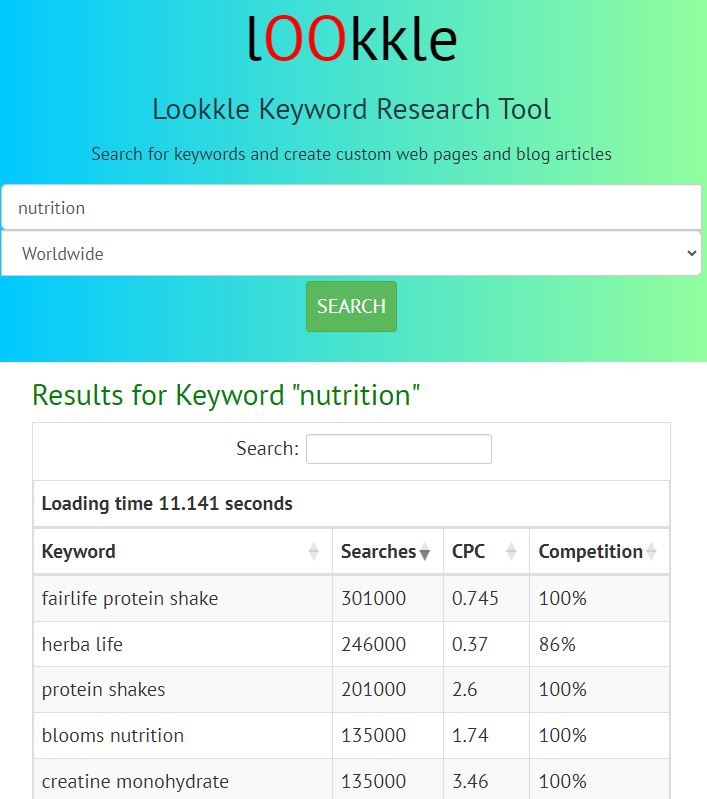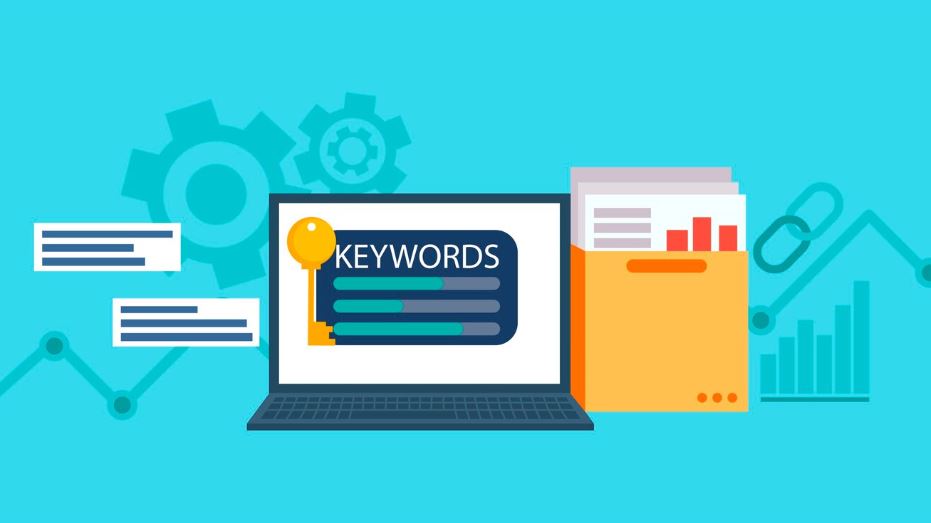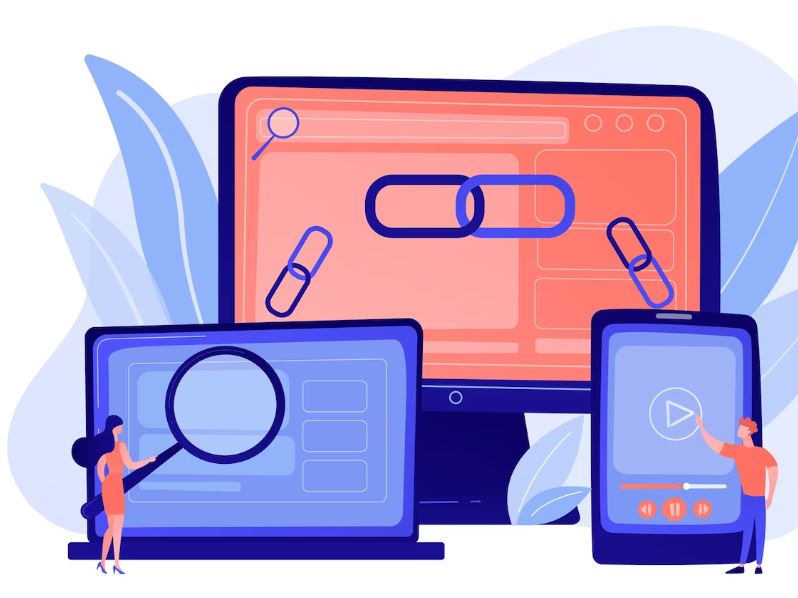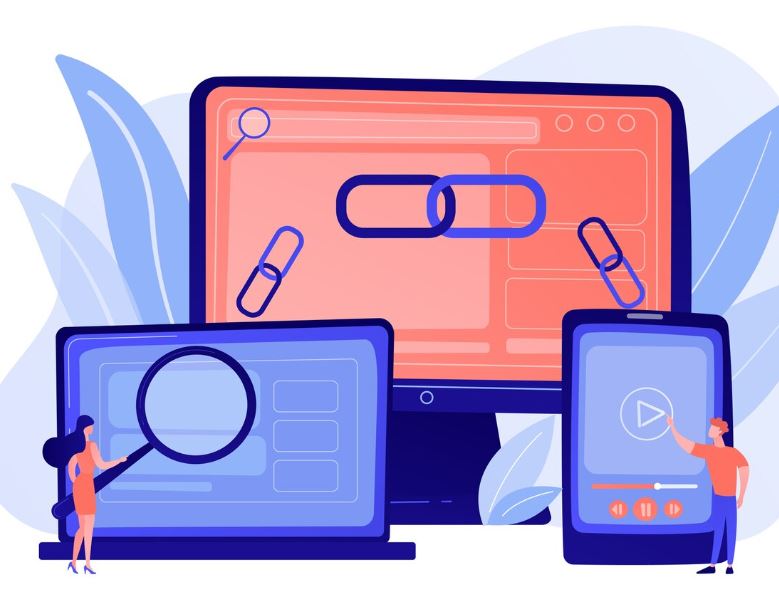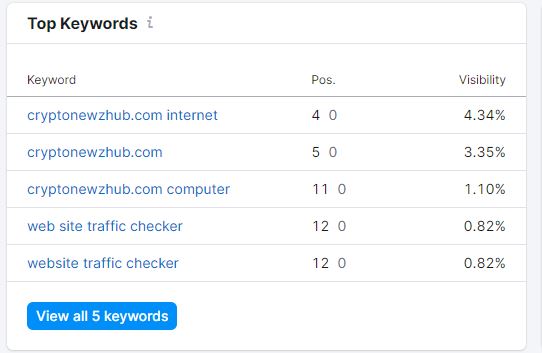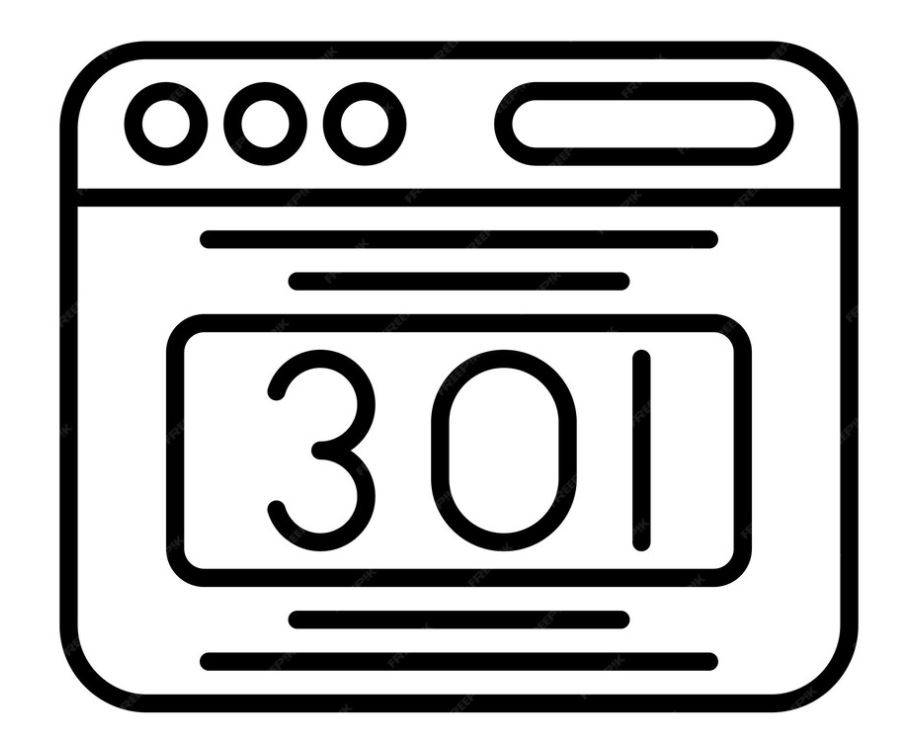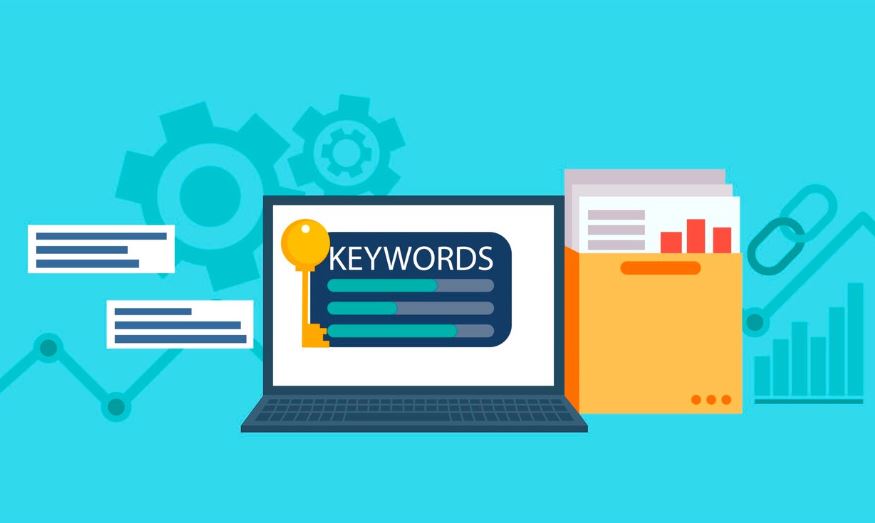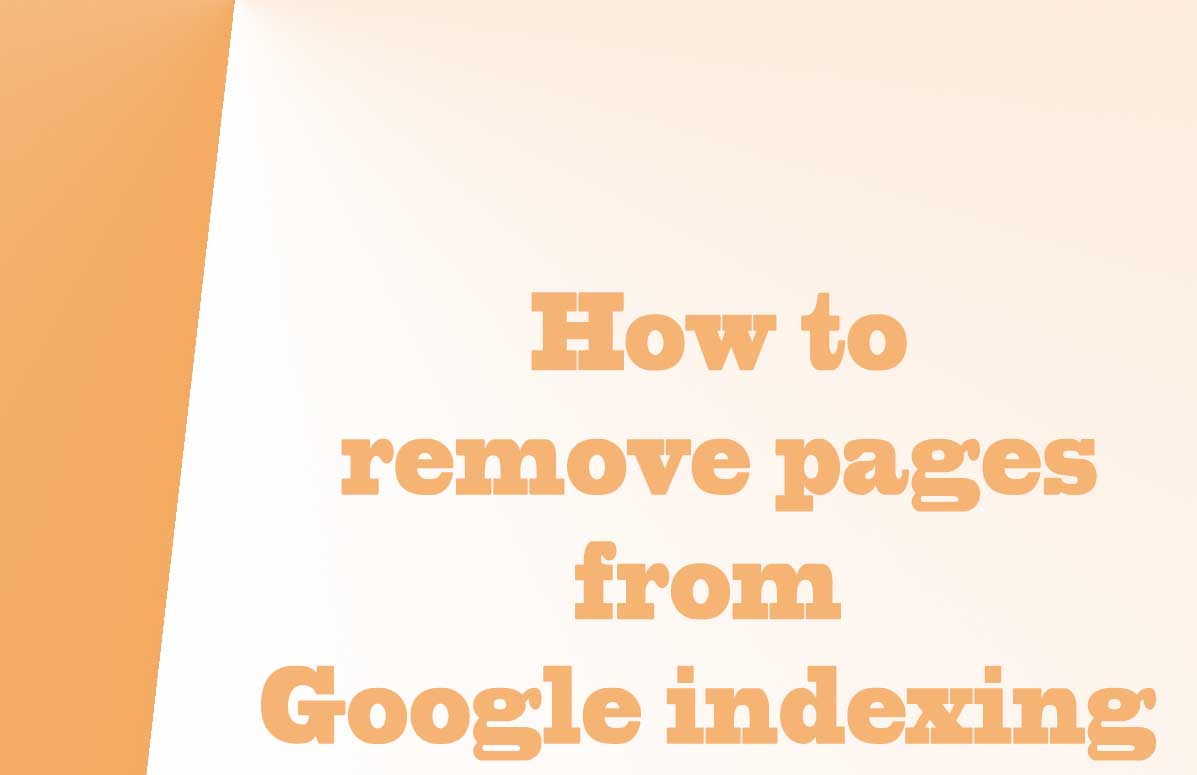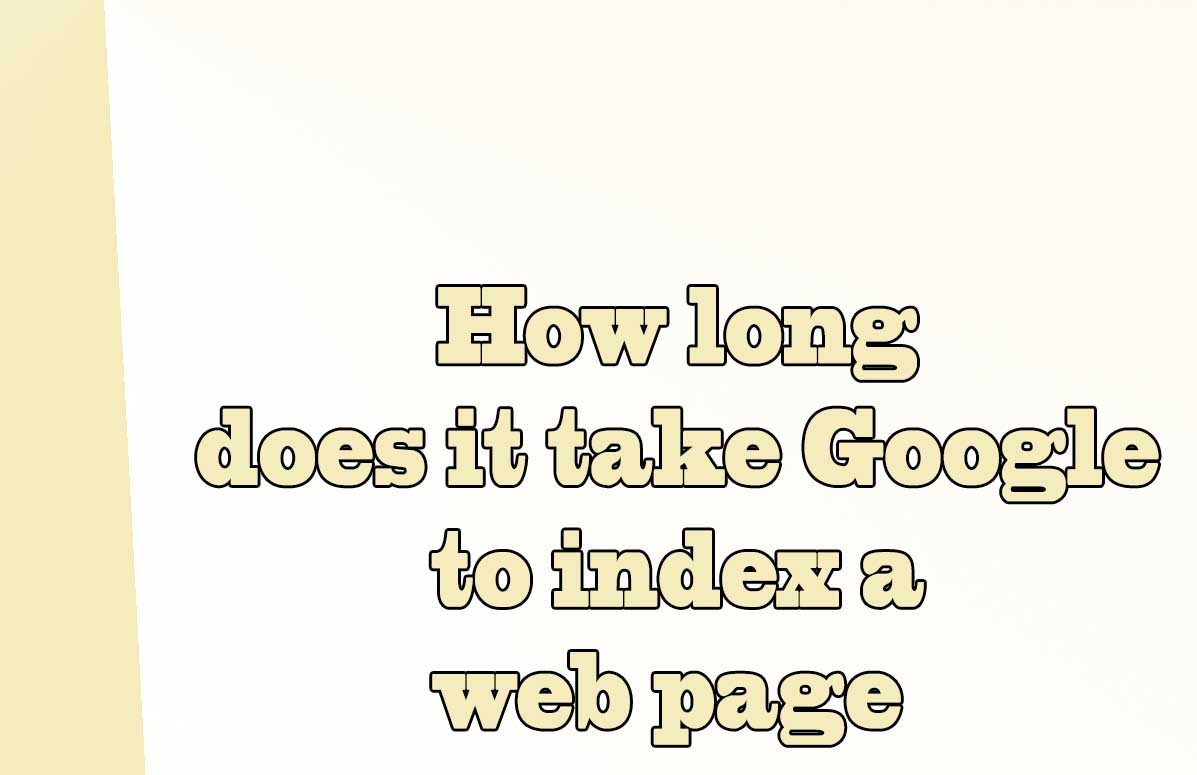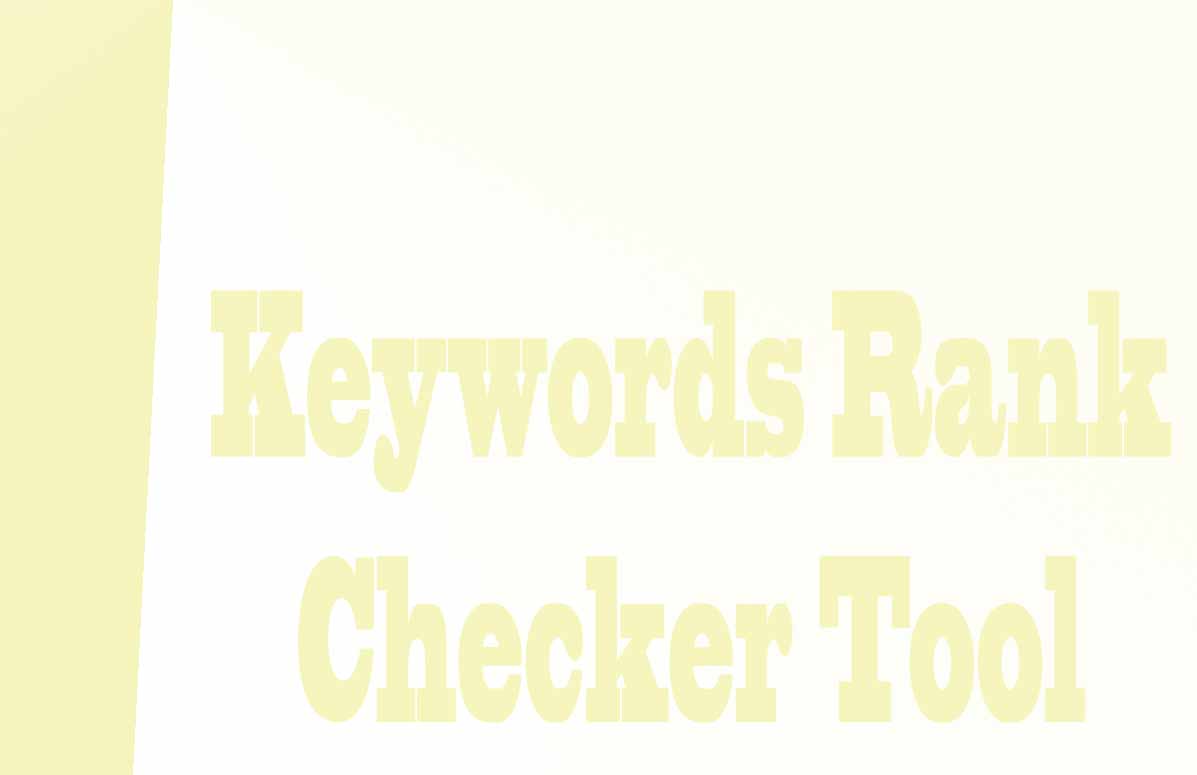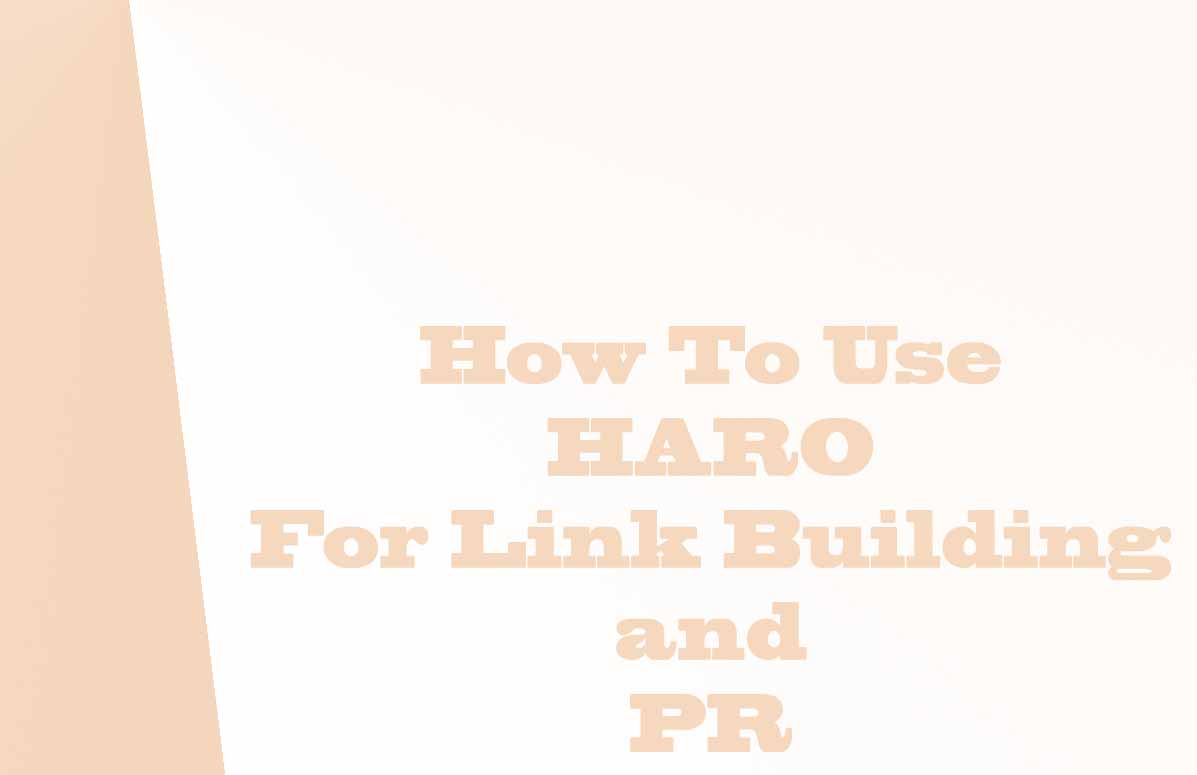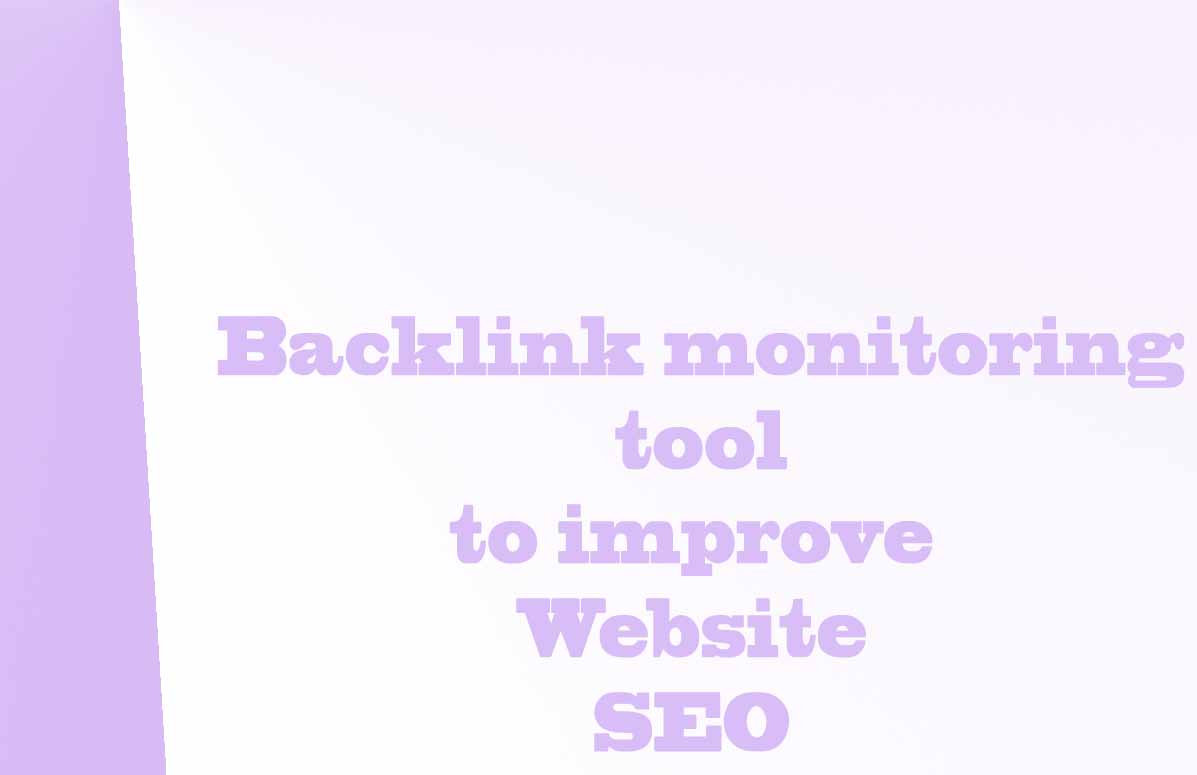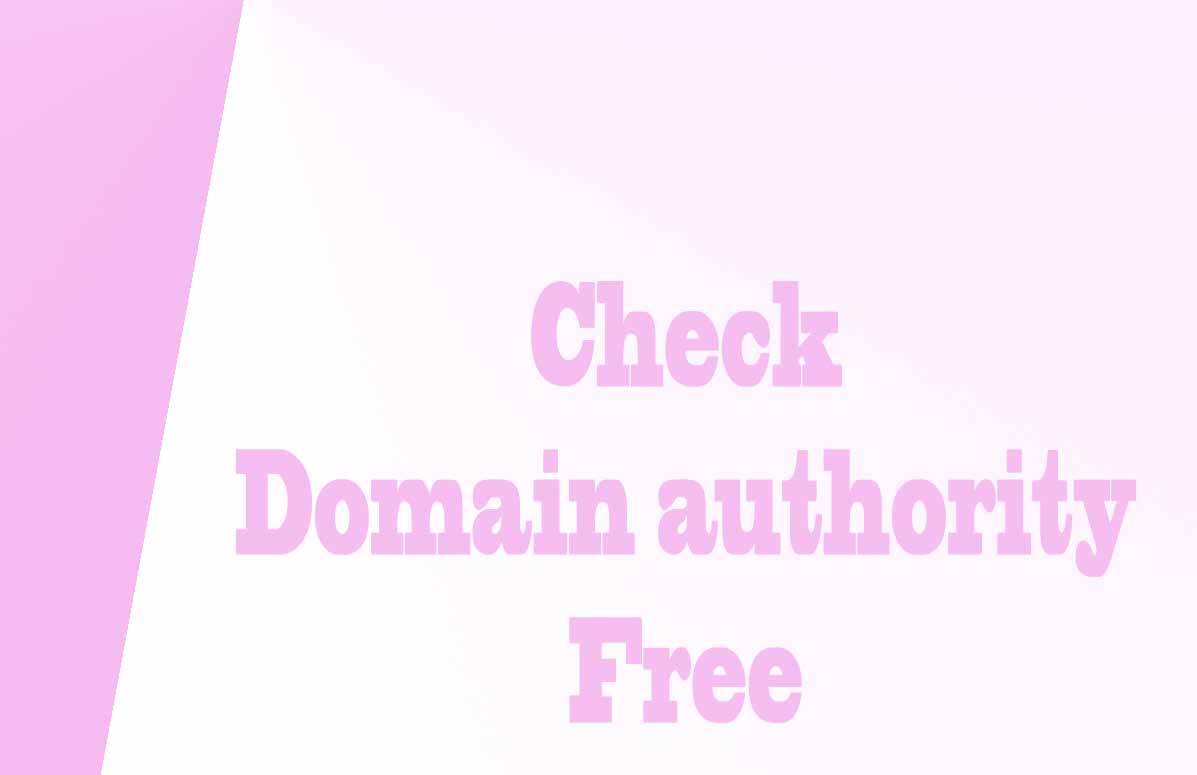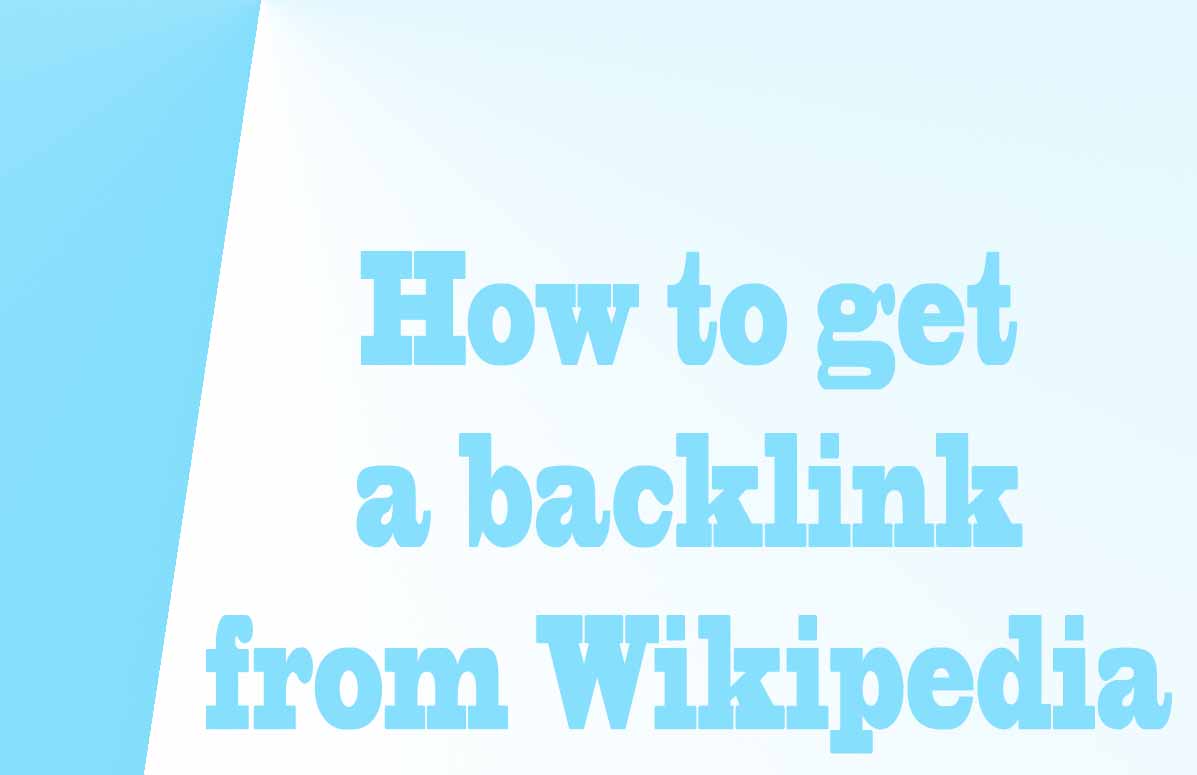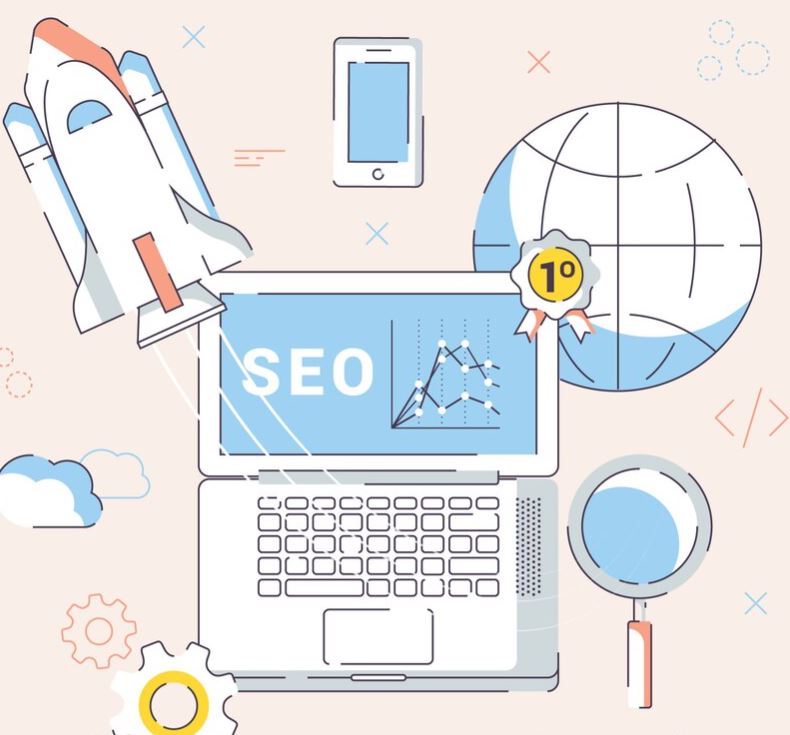
In the vast realm of Search Engine Optimization (SEO), keyword intent and search intent play crucial roles in determining the success of your online presence.
To truly optimize your website and attract relevant traffic, it's essential to understand the correlation between keyword intent and search intent. Let's dive deeper into these concepts and explore how they can unlock the power of SEO.
What is Keyword Intent?
Keyword intent refers to the purpose or objective behind a user's search query. While keywords alone can provide potential visibility to your website, knowing the intent behind those keywords is crucial.
By understanding the intent, you can tailor your content to meet the user's needs and optimize your website accordingly.
Keyword Intent Types
There are 11 primary types of keyword intent:
- Navigational Intent:
When users search with navigational intent, they are seeking specific websites. For instance, someone searching for "Facebook login" is looking for the official Facebook website. These keywords are typically brand-oriented. - Informational Intent:
This type of intent focuses on gathering information or learning about a specific topic. Users using informational intent keywords might search for "how to bake a cake" or "benefits of yoga." Optimizing your content to provide valuable information is crucial to attract such users. - Investigational Intent:
Investigational intent signifies that users are in the research phase before making a purchase. These users might search for "best laptops for gaming" or "reviews of iPhone 12." Creating informative and unbiased content that helps users make informed decisions is essential for capturing this audience. - Transactional Intent:
Users with transactional intent are ready to make a purchase. They search for keywords like "buy iPhone 12" or "cheap flight tickets." Optimizing your website to facilitate smooth transactions and providing compelling calls-to-action is key to converting these users. - Commercial intent:
The user is interested in purchasing a product or service, but may not have a specific transaction in mind yet. - Local intent:
The user wants to find something specific in their local area, such as a restaurant or store. - Research intent:
The user is conducting research on a particular topic and is seeking in-depth information. - Comparison intent:
The user wants to compare different products, services, or options before making a decision. - Entertainment intent:
The user is looking for entertainment, such as watching videos or playing games. - Social intent:
The user wants to connect with others or engage in social activities, such as joining a social media platform or finding events in their area. - Personal intent:
The user is seeking information or resources for personal growth or self-improvement.
Understanding these intents allows you to align your content strategy and optimize your website accordingly, increasing your chances of attracting the right audience.
What is Search Intent?
Search intent, also known as user intent, is the underlying motive behind a user's search query. It focuses on the context and the desired outcome of the search. By analyzing search intent, search engines aim to provide the most relevant results, ensuring user satisfaction.
To understand search intent, you need to analyze the content, context, and user behavior associated with specific keywords.
For example, if a user searches for "best photography tips," search engines recognize their intent as informational.
On the other hand, if a user searches for "buy DSLR camera," the intent is transactional.
To leverage search intent effectively, consider the following:
- Content Optimization:
Understanding search intent enables you to create highly relevant and informative content that meets users' needs. By aligning your content with the intent behind the keywords, you enhance your visibility in search engine results pages (SERPs) and better engage your audience. - Enhanced User Experience:
Search engines prioritize websites that provide a positive user experience. By aligning your content and web design with search intent, you can create a seamless experience for visitors, increasing their engagement and likelihood of conversion. - Long-Tail Keywords:
Long-tail keywords often provide more context and indicate a specific search intent. Incorporating relevant long-tail keywords into your content strategy helps attract the right audience and improves your chances of ranking higher in search results.
To optimize your content for keyword and search intent
Keyword intent refers to the purpose behind a search query, while search intent refers to the reason behind a search query. In other words, keyword intent is what the user is searching for, while search intent is why the user is searching for it.
Understanding keyword and search intent is important for optimizing your content for search engines. By aligning your content with the intent behind a search query, you can increase the relevance of your content and improve your chances of ranking higher in search results.
To optimize your content for keyword and search intent, you can follow these steps:
- Identify your target audience: Determine who your target audience is and what they are searching for.
- Conduct keyword research: Use a keyword research tool to find keywords that your target audience is searching for.
- Create content that aligns with search intent: Use descriptive subheadings (H2-H6) to create a hierarchy, use bullet points to help with skim reading, and use images and GIFs to break up the text.
- Optimize your content for on-page SEO: Use your target keyword in the title tag, meta description, URL, and throughout the content.
Tips on SEO and Online Business
Next Articles
Previous Articles
